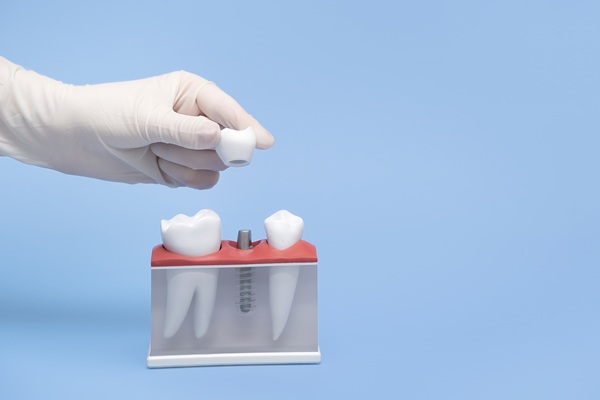Root Canal Treatment FAQs

Root canal treatment is a common dental procedure many people will undergo in their life. Despite how common it is, you may not know what a root canal is or how to treat it. Here are answers to some frequently asked questions regarding root canal treatment.
Common questions about root canal treatment
What is a root canal?
Root canal treatment involves a procedure that is used by dentists if a tooth is badly decayed or fractured. The procedure is needed because if the tooth is left untreated, the pain will get worse and the gum disease will spread to other teeth, leading to more decay.
Will I lose my tooth?
The answer to this question depends on the severity of your case. If your tooth is not too badly decayed, your dentist will remove the decayed part and leave the remaining part of the tooth in your mouth, then cover it up with dental filling or a dental crown.
If the damage or decay is extensive, your dentist will recommend extracting the tooth and replacing it with an artificial tooth through the use of a dental implant.
Is a root canal painful?
There is a misconception that root canals are painful, but the truth is they are not. Thanks to technological advances, root canals are about as painful as getting a dental filling, which is not painful at all.
How long does the procedure take?
Root canals typically can be done in one visit to the dentist and usually do not take more than two hours. If your problem is severe, you will likely need at least two visits to the dentist to complete the procedure.
Do I need a root canal if the tooth does not hurt?
If your tooth is decayed and you leave it untreated, you will make matters worse because the decay will spread to other teeth. If you wait until you are in a significant amount of pain, your dentist might have to perform a root canal on more than one tooth. This will cost you more money than if you had taken care of it much earlier.
Is it cheaper to have the tooth removed?
Extracting the infected tooth is an alternative to undergoing a root canal, but that option should not be on the table unless there is nothing that can be done to salvage the damaged tooth. Extracting the tooth also will not save you any money because you will be charged for the extraction and will also have to pay for the implant to replace the removed tooth, which will be more expensive than the root canal itself.
Having your teeth pulled can lead to the loss of bone density in your jaw, especially if the missing tooth is not replaced soon after it was extracted. The loss of bone density can affect your facial structure and make you appear older than you are.
Will my insurance cover the procedure?
Yes, most dental insurance will cover root canal treatment because the procedure is done for the benefit of your oral health and is not considered a cosmetic dentistry procedure.
Conclusion
Root canal treatment is done to help salvage badly damaged tooth. If you have a fractured or decayed tooth, talk to your dentist to find out if a root canal can help fix the problem.
Request an appointment here: https://smilesdental.com or call Smiles Dental Care at (650) 563-1180 for an appointment in our Mountain View office.
Check out what others are saying about our dental services on Yelp: Root Canal Treatment.
Recent Posts
A new dental filling restores tooth structure, and smart aftercare helps it last. Understanding the importance of care and maintenance after you get a new filling can significantly improve your dental health and overall well-being. The following tips can help you maintain optimal oral hygiene to protect and extend the lifespan of your dental fillings. Patients…
Getting tooth implants is not the final phase of an implant restoration procedure. The stage is simple, but the recovery period can be uncomfortable. This part of the implant process is the time for the mouth heals and fuses to the implant post. The following guide covers what to expect during recovery and the steps…
A gentle dentist offers quality dental care with a focus on comfort. They strive to make dental visits feel less stressful and more supportive so that patients of all ages feel relaxed in the dental chair. By using clear communication and patient-friendly techniques, even routine cleanings and restorative treatments can feel easier to manage.Many people…
An implant crown is made of strong and safe materials to give the patient a reliable long-term replacement option for missing teeth. If you have questions about the materials used to make an implant crown, this review can help you understand what exactly each component is made of and why dentists use these particular materials.There…


